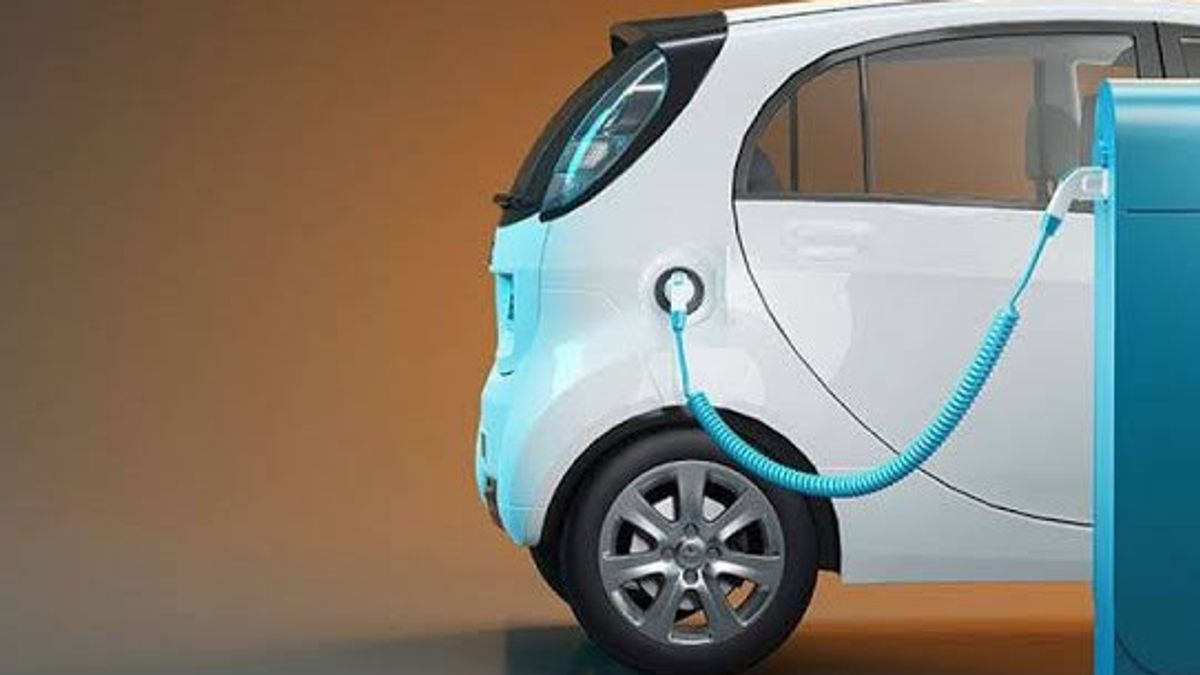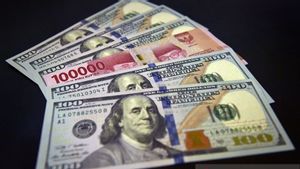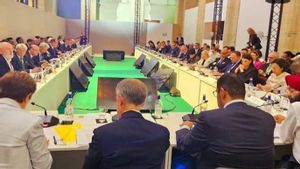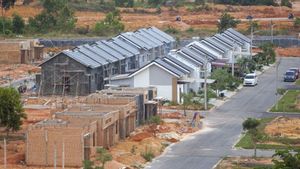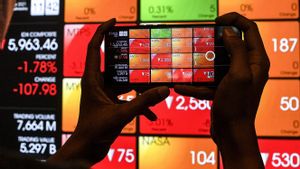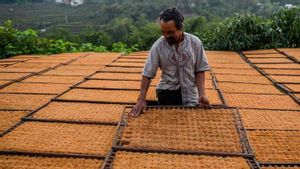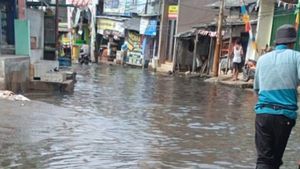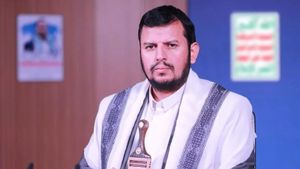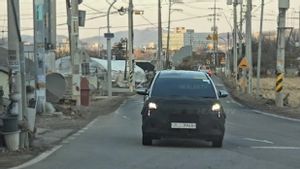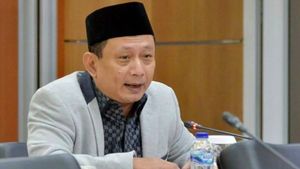JAKARTA - The electricity needs of environmentally friendly industries are predicted to increase in the future along with economic growth and technological developments.
Indonesian Center of Reform on Economics (Core) Economics researcher Yusuf Rendy Manilet said the government has an important role in meeting the needs of environmentally friendly electricity, especially for industries by encouraging the mix of new and renewable energy (EBT).
Moreover, the government has set a target for the EBT mix of 23 percent by 2025.
"To achieve this target, the government needs to continue to encourage the development of EBT, especially for large-scale power plants," said Yusuf when contacted by the media, Tuesday, November 26.
According to him, the role of the private sector is also very important in meeting environmentally friendly industrial electricity, where the private sector can play a role in developing various EBT sources such as EBT power plants, and providing EBT electricity services to industry.
"Privates can play a role in developing various EBT sources, such as solar energy, wind energy, water energy, and geothermal energy," said Yusuf.
He said private sources of EBT can be used to meet the electricity needs of the industry itself or to be sold to other parties.
"The private sector can also provide EBT electricity services to the industry. The private sector can provide the EBT electricity service directly or cooperate with the government," he explained.
However, Yusuf said incentives and regulations were needed to encourage the private sector to enter into investment in the development of EBT.
"Untuk itu, uncentif dan regulasi yang tepat dapat mendorong investasi swasta dalam pengembangan EBT," katanya.
One of the companies committed to supporting the growth of electricity production in Indonesia is PT Chandra Asri Petrochemical Tbk (Chandra Asri Group).
Chandra Asri Group is boosting the infrastructure business consisting of energy, water and jetty and tanks through its subsidiary, Chandra Daya Invest. In the energy sector, Chandra Asri Group through Krakatau Chandra Energy (KCE) will focus on generating a gas combined cycle power plant (CCPP) of 120 megawatts (MW). Later, KCE will develop into a new and renewable energy supply company (EBT).
Director of Legal, External Affairs & Circular Economy Chandra Asri Group, Edi Rivai believes, industrial electricity needs will increase. This projection is in line with the growth of the petrochemical and downstream industries.
SEE ALSO:
"We are optimistic that the need for electricity will be higher, including the availability of environmentally friendly energy materials," he said.
Chandra Asri Group's seriousness in the energy business can be seen with the entry of an investment of 194 million US dollars or around Rp3.03 trillion (exchange rate of Rp15,631 per US dollar) from Electric Generating Public Company Limited or EGCO Group (EGCO), an independent energy producer from Thailand.
This collaboration marks an important milestone for the two companies, combining Chandra Asri Group's expertise in the chemical and infrastructure sector with EGCO proficiency in the field of electrical and energy solutions.
In the Kimia business, Chandra Asri Group is building an integrated world-scale chlor-alkali and ethylene dichloride (CA-EDC factory) factory. The CA-EDC plant, which will be operated by a subsidiary of CAP 2, namely PT Chandra Asri Alkali, will produce 500,000 metric tons of ethylene dichloride per year and more than 400,000 metric tons of caustic soda per year. The presence of the EDC plant is expected to help with the shortage of raw materials in Southeast Asia.
The English, Chinese, Japanese, Arabic, and French versions are automatically generated by the AI. So there may still be inaccuracies in translating, please always see Indonesian as our main language. (system supported by DigitalSiber.id)
